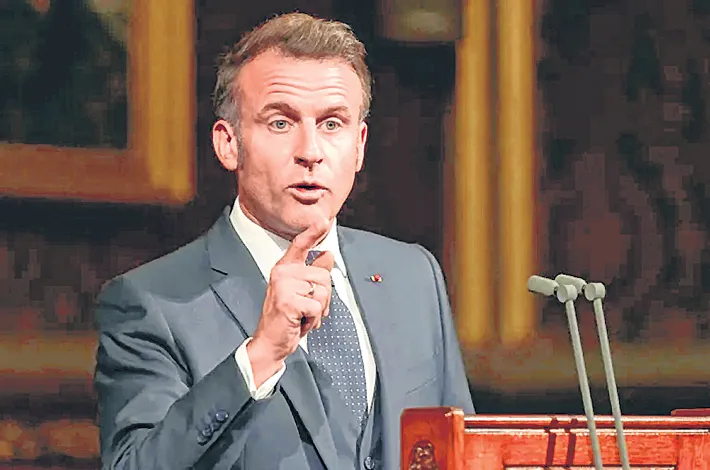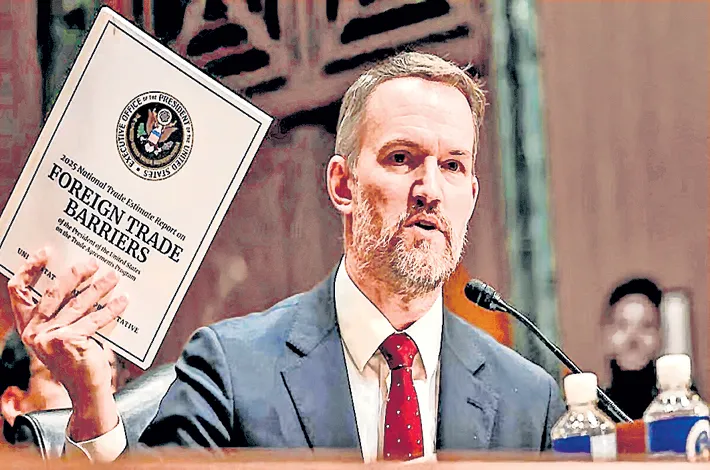Political chaos in France: Macron faces PM call
08-10-2025 12:00:00 AM

French Prime Minister Sébastien Lecornu has resigned after less than a month in office, becoming the fourth person to leave the role in the past year and a half. This latest exit underscores the profound political instability plaguing the country since President Emmanuel Macron’s centrist promise of calm dissolved into chaos.
Unraveling of Macron presidency
Since his election in 2017, Macron has faced escalating turbulence, starting with the gilets jaunes protests in 2018. The real crisis began after the 2022 election, where a resurgent Marine Le Pen narrowed the gap.
In a disastrous gamble to halt the far-right's momentum, Macron called a snap election in July 2024, resulting in a fractured national assembly with no single bloc—centrists, far-right (Rassemblement National), or left-wing alliance—holding a majority.
Stalemate and prime ministerial churn
The resulting parliamentary stalemate has created unprecedented churn at the top. Lecornu’s short tenure follows Gabriel Attal, who resigned after a poor showing in the European elections, and a brief succession of others: Michel Barnier and François Bayrou, who both lost confidence votes. Lecornu cited the lack of willingness to compromise among parties as his reason for stepping down. This instability has drawn comparisons to the political volatility of the Third Republic.
Macron now faces intense pressure, with mounting corruption scandals surrounding political veterans like Nicolas Sarkozy and Marine Le Pen further eroding trust.
His options are limited: appoint a figure capable of working with the left, such as Attal, or risk another legislative election.
The continuing deadlock and renewed mass protests make the two years remaining in his presidency a politically dangerous wait.








